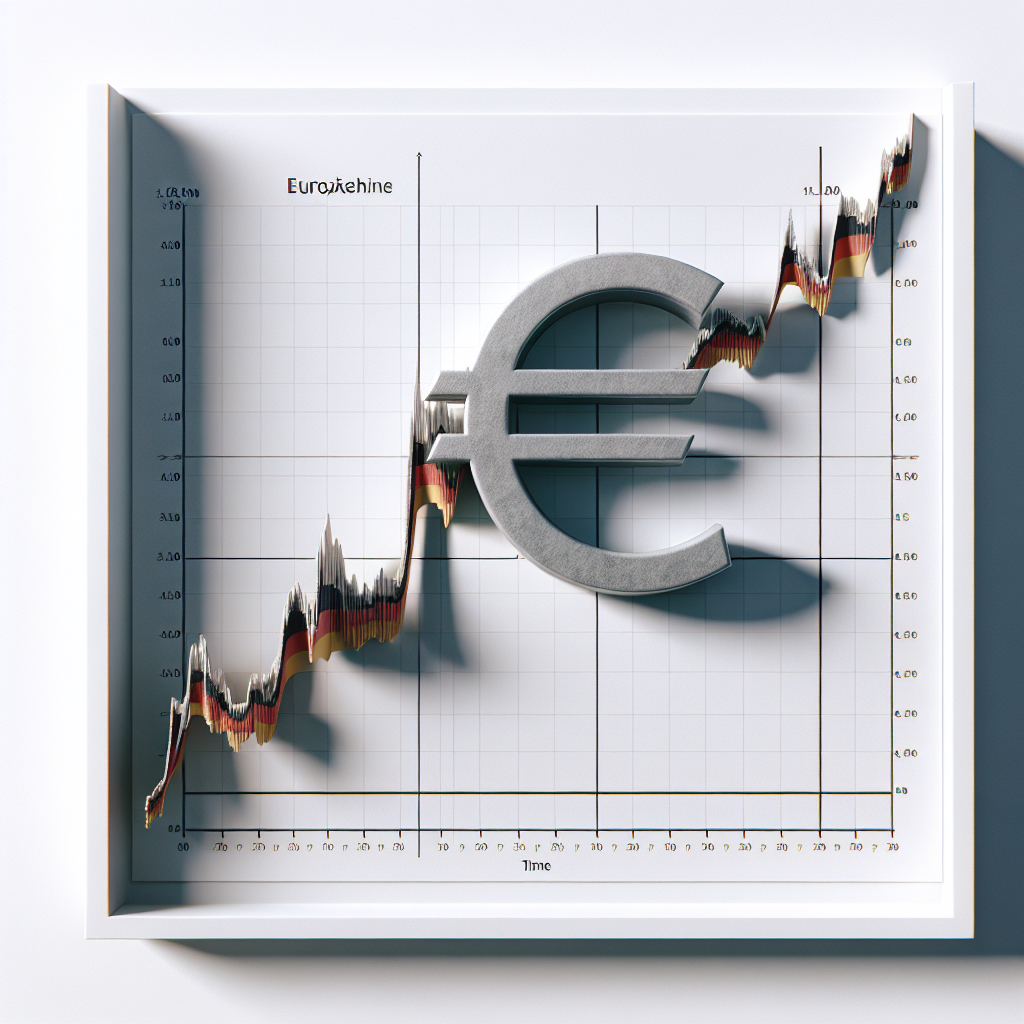German Bond Yields Rise Amid Tariff Tensions
German bund yields increased on Tuesday as traders reacted to the latest developments in U.S. tariffs affecting Canada, Mexico, and China. The European Central Bank may need to respond to tariff impacts on inflation and growth. Markets are preparing for further volatility and potential U.S. tariffs on the EU.

On Tuesday, German bund yields experienced an uptick after a three-day decline as investors evaluated the ramifications of U.S. President Donald Trump's decision to pause tariffs on Canada and Mexico while imposing levies on China. In a swift rebuttal, China imposed tariffs on several U.S. imports.
Germany's 10-year bond yield, a key indicator for the eurozone, edged up by one basis point to a rate of 2.395%, after hitting a one-month low of 2.359% just a day earlier. The movement in yields reflects changing prices.
Analysts at Rabobank anticipate that the tariffs will have an inflationary effect on the eurozone in the short term, prompting the European Central Bank to potentially lower rates. In contrast, the Federal Reserve may take a more measured approach, given its greater flexibility to manage growth without risking a recession.
(With inputs from agencies.)










